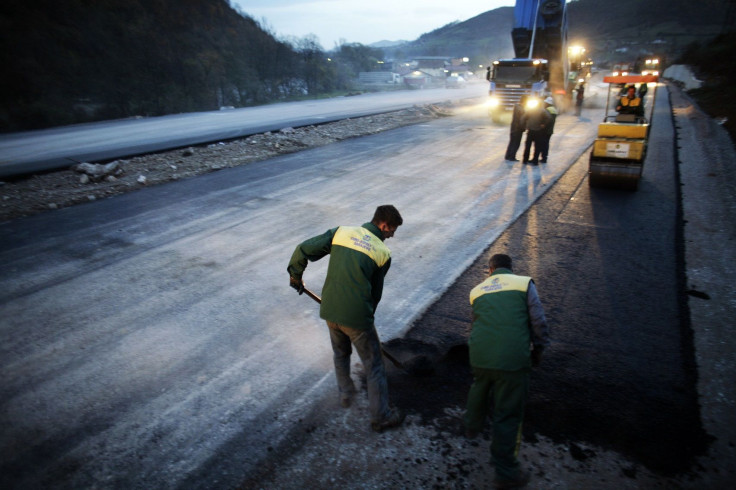Parents working in shifts may have ‘not-so-progressive’ children

Numerous researches on the outcomes of shift jobs on workers have been conducted over the years. The findings suggest that shift works not only pose negative effect on the physical but also mental health of the workers. In fact, a recent study has found that along with the workers, their shift jobs affect their family as well, especially their children.
According to the international research conducted by the University of NSW and the US Economic Policy Institute, children of parents working in shifts show poor academic progress, insensitive behaviour and are higher risk-takers during their teenage years. The result is even worse when it comes to kids of shift workers belonging to low income groups.
Liela Morsy of the school of education at UNSW stated that the shift workers who belong to higher status always try to turn down the effect of their odd working hours on their children. Dr. Morsy and Richard Rothstein of the Economic Policy Institute in Washington studied parents with unpredictable working hours and concluded that the impact is quite negative starting from the child’s toddler years until adolescence.
The growth of the infants of shift workers begins to weaken from the very initial stage. They become poor learners, communicators, problem solvers with weakened expressions and memorising ability. In case of preschoolers, the level of depression, anxiety, aggression is higher compared to other children. When they enter adulthood, they are more into taking higher risks and more involved in drinking, smoking and having unsafe physical relationships.
The reason behind the slow development and progress of these children is the deteriorating physical and mental health of their shift working parents that lead to diminishing child-care arrangements from their end. “There has been a lot of research into shift work and its effect on the shift worker’s health but we have found that a non-standard schedule is not only disruptive to the worker, it is part of an ecology of disruptions in the whole household,” Morsy said .
The study “Parents’ Non-Standard Work Schedules Make Adequate Childrearing Difficult” deals with the impact of shift works of the parents on their children.
Contact the writer at feedback@ibtimes.com.au, or let us know what you think below.






